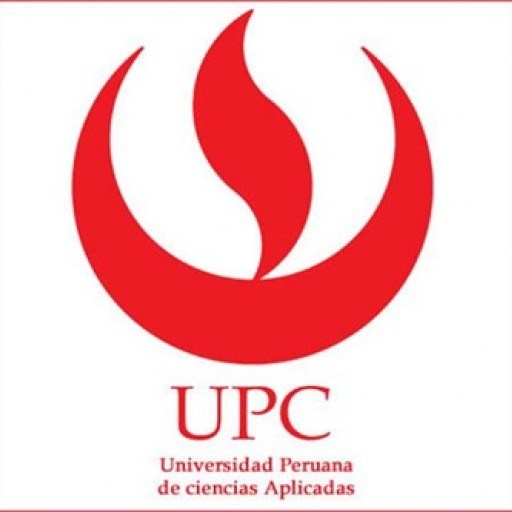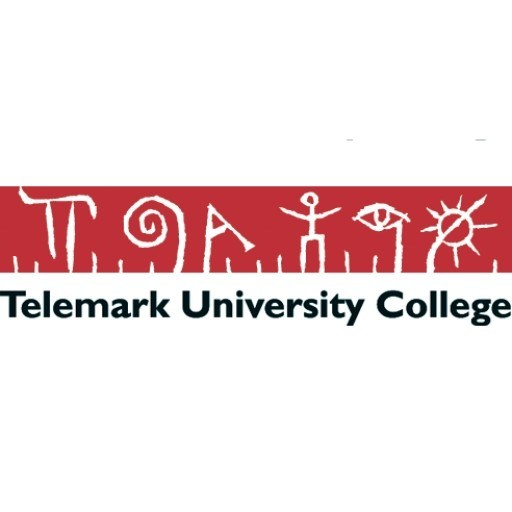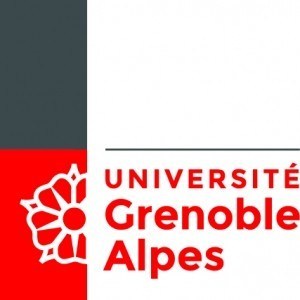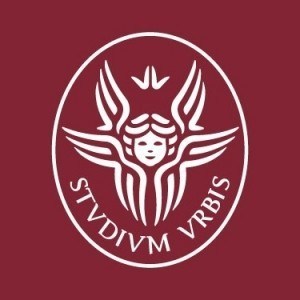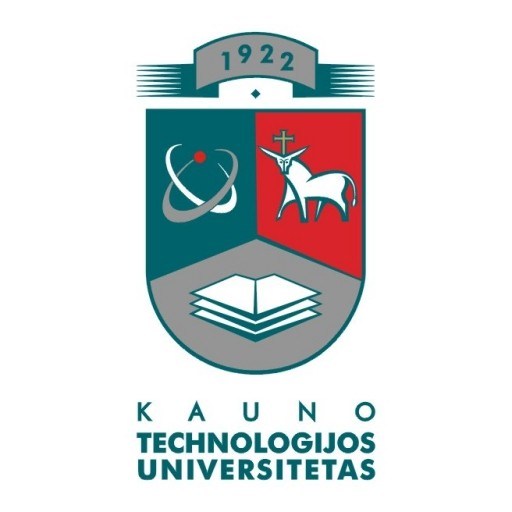Advertisement
This masters degree focuses on engineering in the fields of automatic control and robotics. It combines knowledge of industrial engineering, such as electrical and mechanical engineering, industrial electronics and some aspects of artificial intelligence.
The programme lasts two academic years and includes a masters thesis and training in an industrial or research environment. It is divided into compulsory and free-elective subjects. Compulsory subjects provide students with multidisciplinary education in automatic control systems, robotics and robotised systems in various environments; computer vision; computer technology and communication in processing elements; and scientific and technological tools. In free-elective subjects, students complete their training in their areas of interest.
Professional opportunities
This masters degree produces graduates who have attained a high level of excellence in the analysis, management and optimisation of process control and robotics, industrial engineering and residential, social and service environmentsactivities which are essential for social progress, economic productivity and quality of life.
The curriculum includes 18 ECTS credits in an optional subject area that students must take during the last semester and that allows them to focus on professional, research and innovation practice and develop high-level generic skills.
A recent study on graduate employment in the last six years shows that 6% of the graduates of this masters degree have PhDs and are working in academia (research institutes and universities). In addition, 34% are research assistants in institutions such as the UPC, the UPV, the UIB, the UAB, the IBEC, the UPN and the UPM, in Spain, but also at Imperial College London, Karlsruhe Institute of Technology, the École Polytechnique de Montréal, the University of Texas, the University of Technology, Sydney and the National Technical University in Ecuador. A substantial proportion (30%) work for industrial firms or technology centres in Spain (DASSA Technologies, CETEMMSA, Analitzadors Assessoria Energètica, the Barcelona Provincial Council, SEAT, Thinking Forward XXI, IREC, Hewlett-Packard, ALTEN, Durán-Corretjer, Renesas Electronics and GlobalSmartDesign), in Europe (ESS AB, Shell and ASML) and across the world (Toro Development Ltd., Honeywell Process Solutions, DIMAP Ingeniería and Plenum). A number of South American graduates have returned to their posts in academia at the University of the Andes, in Venezuela, the Pontifical Catholic University, in Peru, the Army Polytechnic School, the Pontifical Catholic University and the National Technical University, in Ecuador, and the Autonomous University of Manizales, in Colombia.
On finishing the master's degree, graduates will be able to:
Transversals competencies
Transversals competencies are those things that the graduate will be able to understand or do upon completion of the learning process, regardless of the specific course. The transversals competencies established by the UPC are: capacity for innovation and entrepreneurship, sustainability and social commitment, knowledge of a foreign language (preferably English), teamwork and proper use of information resources.
On finishing the master's degree, graduates will be able to:
* Undertake research, innovation and development tasks in companies and institutions.
* Conceive of systems and automate processes to increase performance, production, competitiveness, quality and the optimisation of human and energy resources.
* Include aspects of analysis, design and control in systems and processes.
* Apply these aspects to increasing performance, production, competitiveness, and quality; and to optimising human and energy resources in the following sectors: industrial, aerospace, naval, biomedicine, natural and energy resources, etc.
Specific skills
* Carry out measurements and calculations.
* Create mathematical models and simulations of the problems studied.
* Monitor studies and reports.
* Identify faults and possible improvements in automated systems.
* Plan, coordinate and undertake maintenance tasks. which are corrective, preventative or predictive.
* Quantitatively and qualitatively analyse the operation of processes and make improvements.
* Look for relevant information on the problems that the study is based on. Verify the state of the question and provide a solution to the problem.
* Apply knowledge to a wide range of areas: industrial, aeronautic, and services in general.
* Draw up operating specifications.
* Design, draw up, execute and lead projects related to the area.
* Apply the technical and legal regulations.
* Design automatic regulation and control systems to improve the performance of systems. These should include all elements of a system.
* Combine knowledge effectively to solve multidisciplinary problems.
* Design and programme the software components needed to implement the proposed solutions.
* Take environmental effects into account in each one of the solutions designed.
* Express the proposed solutions appropriately.
* Identify the problems that require special research within the field of automatic control, either because they are new or because they are difficult to solve.
* Look for the information needed to solve problems and critically analyse such information.
* Designand carry out the experiments required for research projects.
* Use computer design and modelling systems.
* Be advanced users of IT tools.
* Use IT tools for data analysis and as a support in solving problems.
* Develop advanced tools to carry out tasks related to the Master's Degree.
* Use, configure, and be familiar with networked computer systems.
* Apply artificial intelligence techniques to real problems.
* Incorporate systems to solve problems.
Specific academic skills
* Work individually and in teams.
* Communicate effectively both orally and in writing.
* Be familiar with and adapt to changing environments.
Attitudes
* A desire for continuing professional improvement.
* Critical awareness.
* Ethical, socioeconomic and environmental sensitivity.
* Willingness to collaborate openly with other professionals.
* Awareness of the role of engineering in today's world.
First Academic Year
1st semester - Fall
Linear Multivariable Control Systems
Robot Kinematics, Dynamics and Control
Modeling, Identification & Simulation of Dynamical Systems
Optimization in Control & Robotics
Computer Vision
Industrial Organization
__________________________
2nd semester Spring
Non Linear Control Systems
Pattern Recognition & Machine Learning
Mobile Robots & Navigation
Business Administration
________________________
Second Academic Year
3rd semester Fall
Embedded & Real Time Systems
Planning & Implementation of Robotic Systems
Human Resources
Technological Innovation
_______________________
4t semester Spring
Masters Thesis 12
_______________________
Elective courses for the 2nd, 3rd and 4 th semester:
Sensors, Instrumentation and Communications
Advanced Topics in Computer Vision
Fault Diagnosis & Supervisory Control
Model - Based Predictive Control & Hybrid Systems
Networked Control Systems
Robot Learning
Human Robot Interaction & Teleoperation
Robust Control
Geometric and Kinematics in Robotics
Medical Robotics
Scientific Python for Engineers
